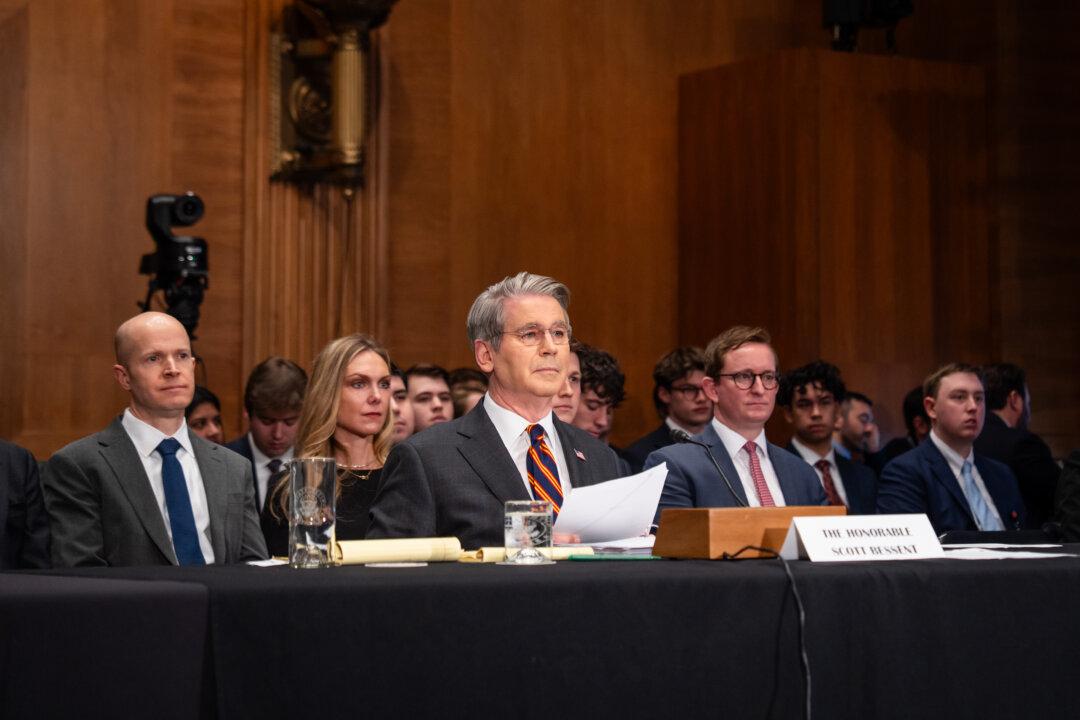Following a report that found 76 percent of contractors hired to work on the ArriveCan application did no work, the federal procurement ombudsman told MPs he’s concerned with the “systemic non-compliance” uncovered when investigating the contract files, including a “high level” of missing documentation.
“We found issues with documentation. We cannot identify an actual source of why there is so much documentation missing, but there is certainly a high level of missing documentation,” Procurement Ombudsman Alexander Jeglic testified to the Standing Committee on Government Operations and Estimates (OGGO) on Jan. 31.





